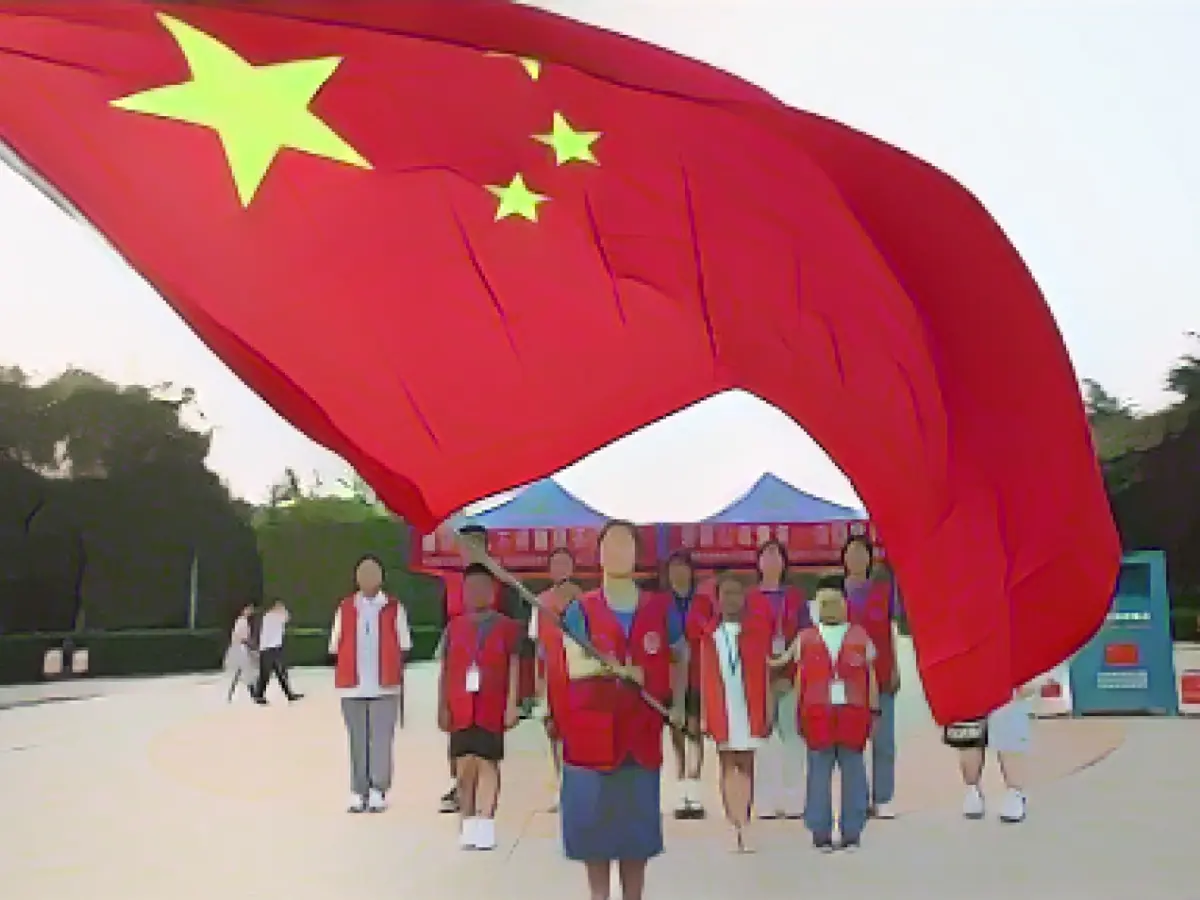Struggling youth: The 'full-time children' of China
Recently, a distinct trend has emerged in China's urban centers: well-educated youths returning to their parents' homes, taking on the role of "full-time children." In return, they receive a kind of salary, making this an attractive alternative to the demanding and uncertain job market.
The phenomenon of "full-time children" has been a popular topic on Chinese social media platforms, with hashtags like #FullTimeDaughter and #FullTimeSon garnering millions of views. Many young people find the "job" to be a respite from their work-life imbalances, common in China's notoriously long work hours and poor work-life balance.
The Sacrifice of Chinese Workers
Xiang Biao, Director of the Max Planck Institute for Social Anthropology, highlights in the ntv podcast "Wieder was gelernt" that the Chinese have been willingly sacrificing their personal lives for work. This self-denial aided in China's economic growth by enabling people to work longer hours and put aside their happiness for the sake of career advancement.
However, the price of this rapid economic expansion has been a record-high unemployment rate among young people (over 21%). In Europe, similar struggles with unemployment are prevalent in countries like Portugal, Italy, Sweden, Greece, and Spain.
The Coronavirus Crisis and China's Youth
The financial impact of the coronavirus crisis on China's economy has been significant, causing prolonged recovery and youth unemployment to soar even further. For young people, this crisis has been an existential shock. Traumatized by stringent government-imposed coronavirus controls, they felt misled about their future largely focused on climbing the social ladder by attaining a good job and private apartment.
The Meritocracy and the Rise of Tangping
Young Chinese are abandoning the meritocracy in favor of Tangping, a practice of lying flat and doing the bare minimum in terms of work. This leads to a further decrease in household income, causing reduced consumption and contributing to more unemployment and "full-time children."
A Vicious Circle of Unemployment
Lu Xi, a professor of economics at the National University of Singapore, describes the situation as a vicious circle. When young people turn to residing at their parents' homes to avoid traditional work, household income decreases, and consumption drops. The result is fewer jobs, leading to more unemployment and more "full-time children."
Marriage and Family: Postponed or Forgotten
Moving away from the traditional priorities of marriage and family has become more accepted, with young people delaying or eliminating the possibility of starting families. This trend contributes to China's demographic crisis, which is worsening with time.
A Move to the Countryside
For many young Chinese, the only option is to leave the city and move to the countryside. Some initiate "new lifestyle experiments" to escape the urban challenges. However, for others, this move is encouraged by the Chinese government, as a way to combat urban youth unemployment and revitalize outdated rural areas.
Sending Youth to the Countryside
In an attempt to resolve the youth unemployment issue, the Chinese government has called on university graduates to move to the countryside. This strategy has roots in the Communist Party's history, with forced relocations to the countryside occurring in the 1960s and 70s.
Volunteer programs have been established to facilitate this move. Young people are recruited directly from universities, and assignments vary depending on the province. The goal is to create employment opportunities in the cities and revitalize rural communities and, consequently, advance the economy.
However, with only 10,000 young people participating in the volunteer program since it began, the initiative's long-term impact on youth unemployment is unclear. Many students return to the cities when they realize the challenges of living in the countryside.
Low-Paying Jobs
In the most populous province of Guangdong, an effort to attract 200,000 young people to the countryside by 2025 has only managed to secure 10,000 participants. These young people receive around 300 dollars per month for their labor.
Many who choose to work in the countryside eventually return to the city, drawn by more comfortable living conditions and higher-paying jobs in the service sector. Some even continue their education instead of joining the workforce due to the challenging nature of the job hunt.
Benifits for Civil Servants
Participating in the volunteer program can be beneficial for those who aspire to join the Chinese government, as it offers a stepping stone to civil service positions. While these positions may not provide significant financial gains, they offer a secure job and employment opportunities.
However, focusing on sending young people to the countryside as a solution to youth unemployment does not appear to be a viable long-term strategy. Finding more sustainable and comprehensive solutions is crucial to address this complex and pressing challenge.
Enrichment Insights:
- Financial Strains: Rising unemployment and financial difficulties contribute to the recent decline in marriage rates in China, as young people tend to prioritize personal happiness over starting families due to uncertain economic conditions.
- Barriers to Marriage: Significant barriers, including financial strains and societal pressures, further dampen the desire for young people to wed.
- Demographic Issues: The sharp drop in births in China and its aging population pose significant demographic challenges, making it harder to maintain China's rapidly growing economy and provide for an aging population.
- Employment Metrics: The jobless rate among people aged 16 to 24 was 15.7% in December 2023, a full percentage point above its level a year earlier, although it has been declining in recent months. The categorization of unemployment metrics in China may mask hidden unemployment, adding to the complexity of addressing this issue.
- Changing Consumption Patterns: Efforts to boost consumption through new segments, like the ice and snow economy and the silver economy, are part of the broader strategy to diversify China’s economy and create new job opportunities.








